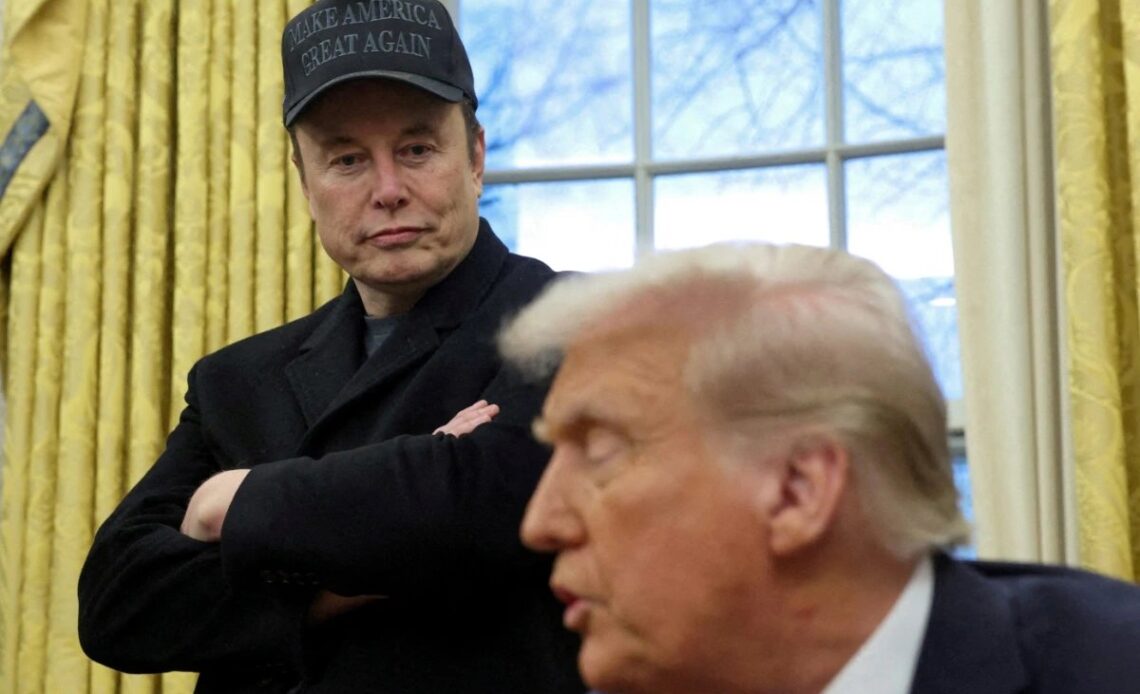Elon Musk, the visionary behind SpaceX and Tesla, has set his sights on an ambitious new target—developing the American version of Israel’s renowned Iron Dome missile defense system. As geopolitical tensions rise and threats become increasingly sophisticated, the United States is seeking a domestic solution that can shield its cities, critical infrastructure, and military assets from airborne threats. The Pentagon has initiated the bidding process for this high-stakes contract, and Elon Musk is racing against traditional defense contractors to win it. This development signals a potential disruption in the long-standing defense industry, with Musk bringing Silicon Valley’s pace and innovation into America’s military future.
**A Modern Need for a Modern Defense**
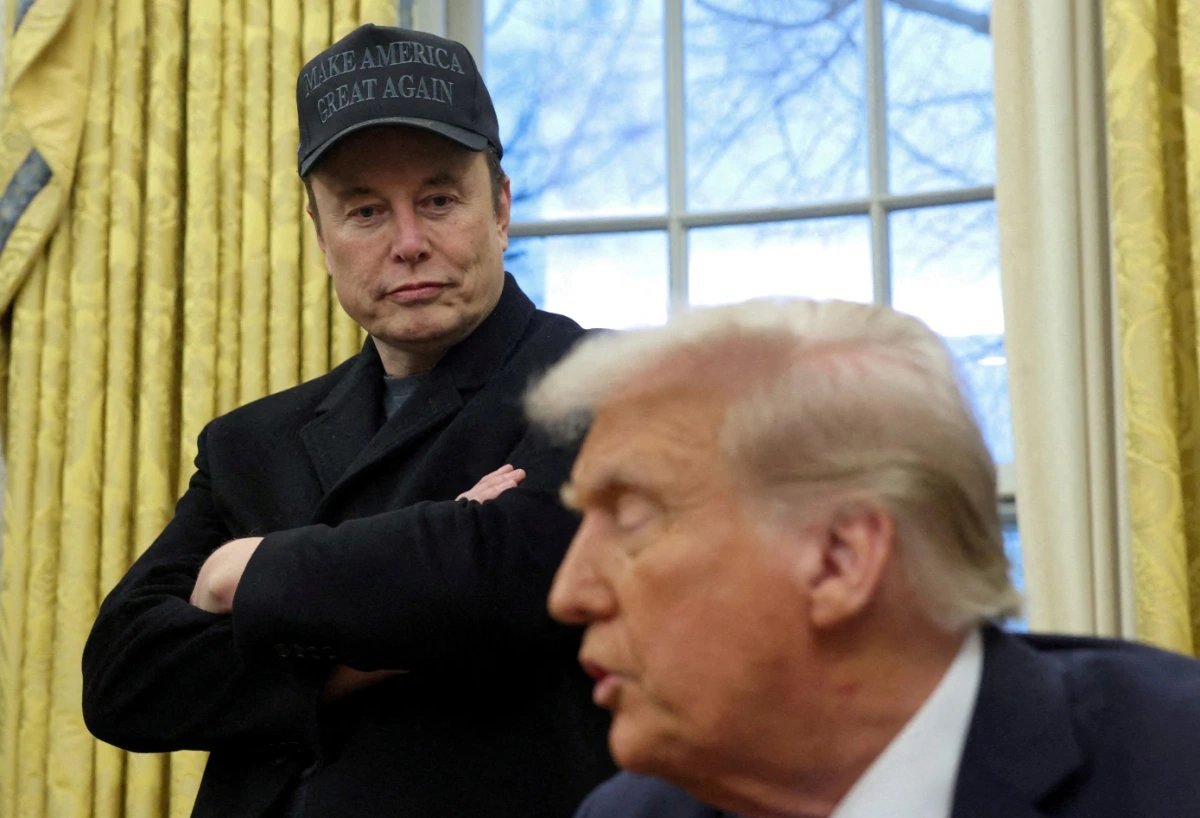
The original Iron Dome, developed by Israel and deployed since 2011, has been lauded for its effectiveness in intercepting short-range rockets and artillery shells. With the increasing use of drones, hypersonic weapons, and AI-guided missiles, the U.S. Department of Defense is eager to replicate and enhance such a system for American soil. The demand is not just about copying the Iron Dome—it’s about creating a next-generation version capable of defending against a broader spectrum of threats.
The Pentagon has made it clear: the “American Iron Dome” must be faster, smarter, and more adaptable. Elon Musk, with his deep understanding of advanced AI, aerospace engineering, and rapid prototyping, is uniquely positioned to answer that call.
**Why Elon Musk?**
Elon Musk’s entry into the defense race may appear unconventional, but it follows a pattern. From reusable rockets to electric trucks, Musk has repeatedly disrupted industries long considered resistant to change. His company, SpaceX, already has several contracts with NASA and the Department of Defense for satellite launches and secure communications. His Starlink satellite internet service is currently operational in Ukraine, where it has proven valuable for both civilian and military applications.
Now, Musk aims to leverage his expertise in AI, machine learning, and autonomous systems to build a comprehensive aerial defense platform. This would be far more advanced than current systems, incorporating predictive analytics, real-time tracking, and near-instantaneous response capabilities.
**Starshield: Musk’s Secret Weapon**
At the heart of Musk’s proposal is a new division of SpaceX known as _Starshield_. Unlike Starlink, which is consumer-oriented, Starshield is designed specifically for national security applications. Sources within the company suggest that Starshield could form the technological backbone of the “American Iron Dome.”
By combining high-altitude surveillance, laser-based interception, and orbital satellite guidance, Starshield aims to detect and neutralize threats faster than any known system. Its real-time data sharing capabilities would allow it to communicate seamlessly with military command centers and other defense systems, creating a cohesive and adaptive defense network.
**The Competition: Traditional Titans of Defense**
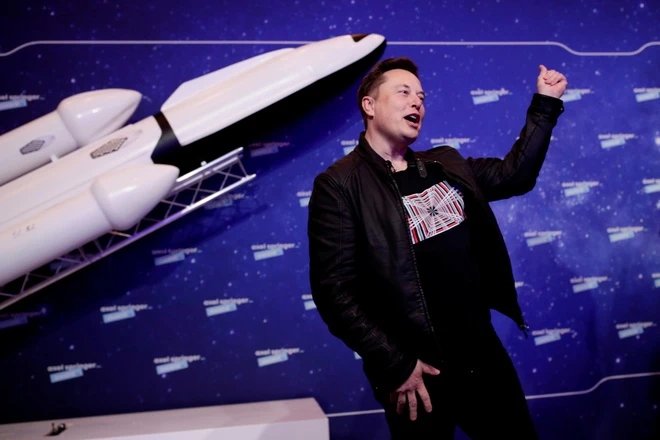
Elon Musk isn’t the only player in this billion-dollar game. Established defense giants like Raytheon Technologies, Lockheed Martin, and Northrop Grumman are also vying for the contract. These companies have decades of experience in missile defense systems, with vast resources and long-standing relationships within the Pentagon.
However, what sets Musk apart is speed and innovation. While traditional contractors follow a structured, often slow-moving approach to development, Musk’s ventures are known for rapid iteration. His ability to build, test, and deploy solutions within months—rather than years—gives him a unique edge in a defense environment that increasingly values agility.
**The Pentagon’s Expectations**
According to official documentation released by the Department of Defense, the American Iron Dome system must meet several criteria:
1. **High Intercept Success Rate:** The system must demonstrate at least 90% effectiveness against short- and medium-range threats.
2. **Scalability:** It must be deployable across various terrains—from urban centers to military outposts.
3. **AI Integration:** Predictive capabilities powered by artificial intelligence are a must, allowing the system to adapt in real-time.
4. **Cost Efficiency:** The system should be sustainable and cost-effective, with a focus on reusable technologies.
Musk has addressed these expectations in various public statements and closed-door pitches, emphasizing how SpaceX’s AI-driven sensors and modular interceptors can outperform current defense technologies.
**Challenges and Skepticism**
Despite Musk’s impressive resume, not everyone is convinced. Defense analysts warn that building a national missile defense system is far more complex than launching rockets or building electric cars. Concerns about cybersecurity, system redundancy, and battlefield testing are frequently raised.
Moreover, some in Washington are wary of Musk’s growing influence in defense. His controversial comments on social media and shifting political positions have led some lawmakers to question whether he should be trusted with such a critical national security contract.
Still, others argue that America’s defense infrastructure desperately needs outside innovation. Musk’s entry could force legacy contractors to evolve and bring long-overdue transformation to the sector.
**A Technological Leap Forward**
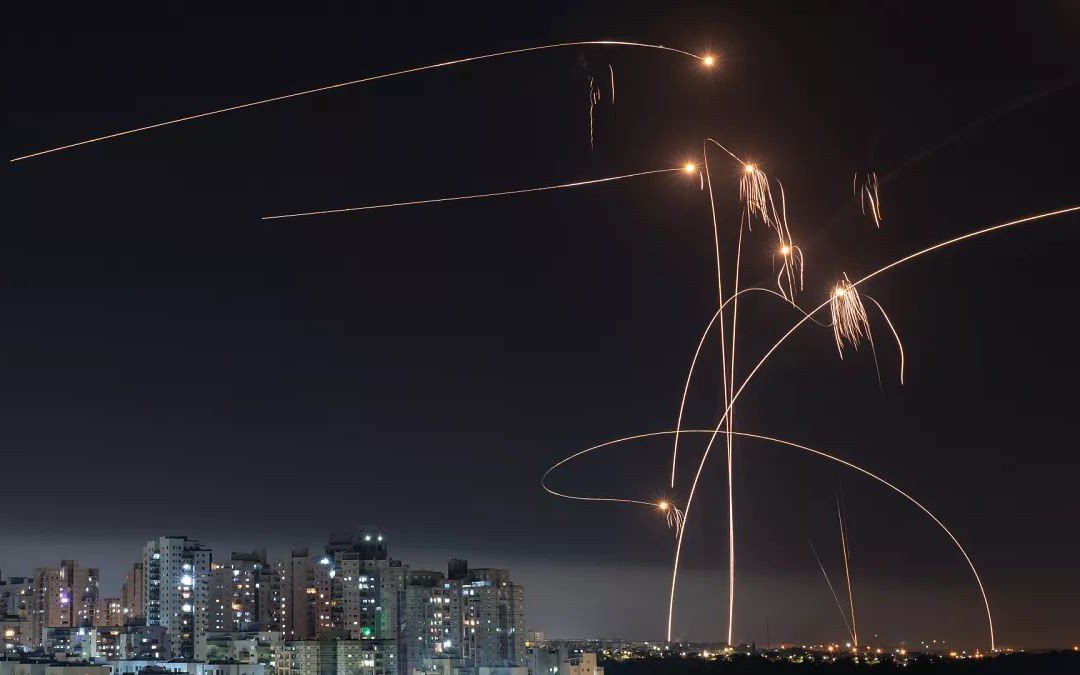
If awarded the contract, Musk’s version of the Iron Dome could represent a generational leap in military defense. The proposed system includes:
– **Laser Defense Technology:** Directed energy weapons capable of intercepting drones and missiles at the speed of light.
– **Autonomous Drone Interceptors:** AI-powered aerial drones that can identify and neutralize threats without human intervention.
– **Satellite Network Integration:** A defense system connected directly to Starlink and Starshield satellites for real-time communication and targeting.
– **Modular Ground Units:** Easily deployable systems that can be adapted for battlefield, urban, or naval environments.
Such innovations could make the U.S. defense network not only stronger but also smarter and more adaptable in real time.
**Political Implications and International Reactions**
Elon Musk’s bid for the contract has sparked international attention. U.S. allies are watching closely, with some expressing interest in potentially adopting a version of the system for their own national defense. On the flip side, adversaries like China and Russia have ramped up their development of hypersonic and stealth technology in anticipation of a future where American cities are shielded by such a system.
Politically, this move also reinforces the Pentagon’s strategy of integrating private tech innovators into national security planning. If successful, it could mark a shift in how governments around the world approach defense procurement—favoring startups and disruptive players over traditional military-industrial giants.
**Economic Stakes**
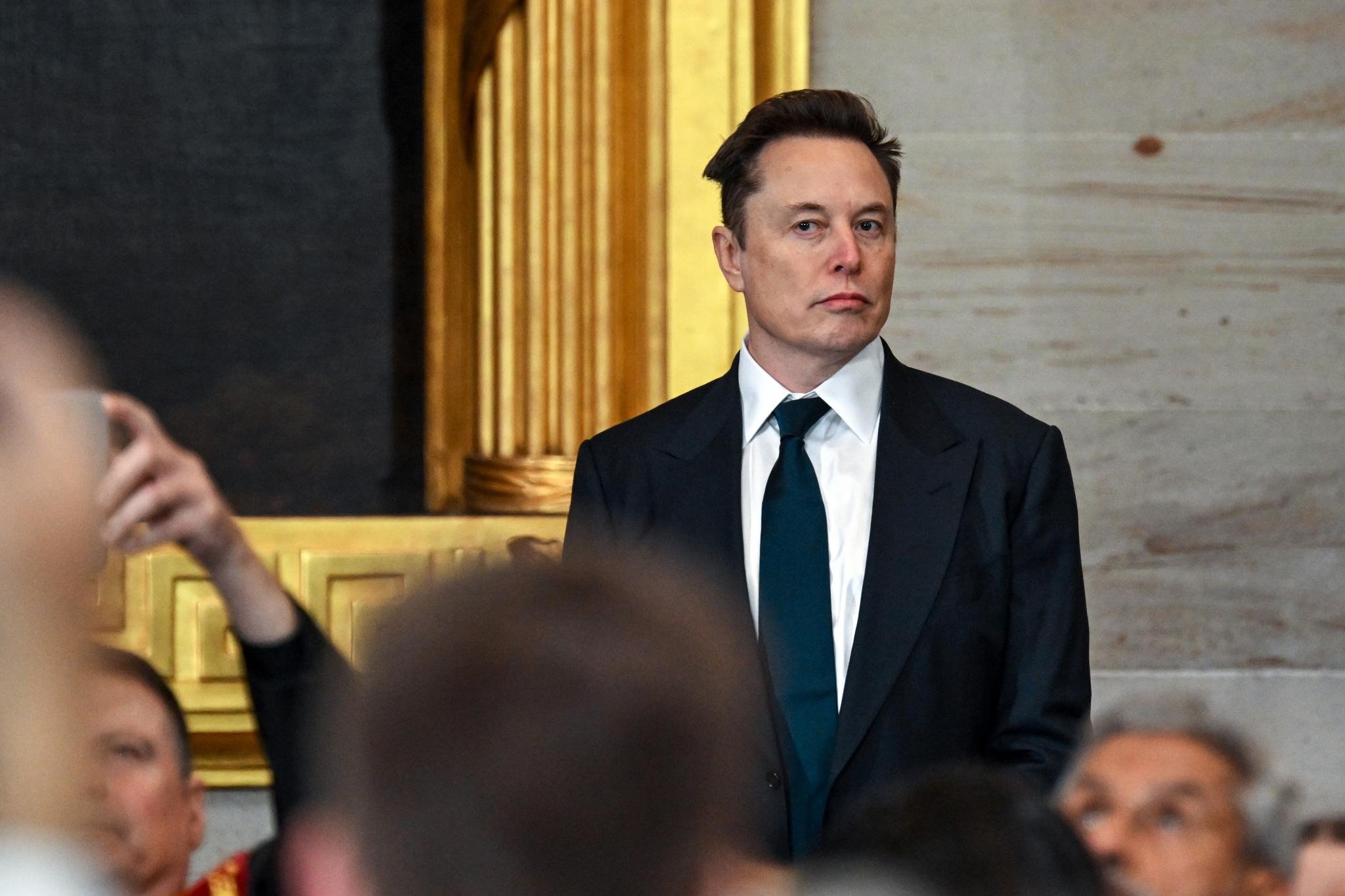
Winning the contract could add billions to SpaceX’s already impressive valuation. It would also cement Musk as a central figure not only in space and energy but now also in defense. The economic ripple effect would extend to other Musk-affiliated companies like Tesla, Neuralink, and even The Boring Company, which might find new applications for their technologies in the defense ecosystem.
Moreover, this initiative could create thousands of high-tech jobs and stimulate defense-focused research and development in sectors such as AI, machine learning, and materials science.
**The Race Ahead**
The Pentagon is expected to make its final decision on the contract by early next year. In the meantime, Musk is accelerating development efforts, hosting private demos, and lobbying lawmakers to support his bid.
While the race is far from over, it’s clear that Elon Musk has already disrupted the status quo. Whether he wins the contract or not, his presence in the defense industry has changed the conversation. Traditional players must now reckon with a new kind of competitor—one that moves fast, thinks big, and plays to win.
**Conclusion: Redefining National Defense**
Elon Musk’s pursuit of the American Iron Dome contract is more than just a business opportunity—it’s a signal that the future of national defense lies at the intersection of innovation, speed, and autonomy. As the world grows more volatile and the nature of threats continues to evolve, the U.S. must choose whether to stick with traditional defense solutions or embrace a new, tech-driven paradigm.
Whether Musk wins the contract or not, his entry into this field has already catalyzed a shift. The defense industry is being forced to think differently, act faster, and welcome new players. The result could be a stronger, smarter, and more resilient America—protected not just by missiles and walls, but by algorithms, satellites, and visionaries like Elon Musk.
